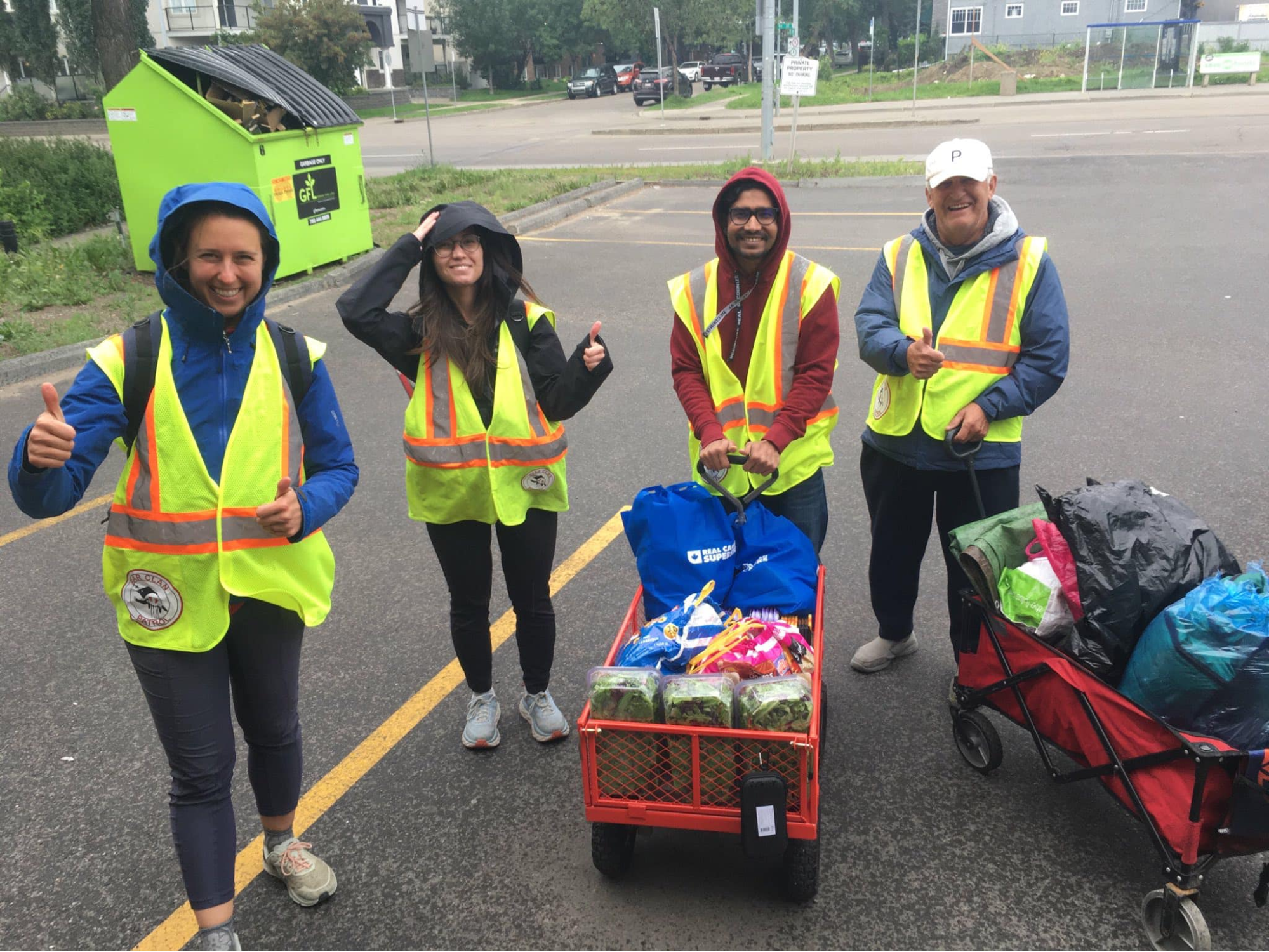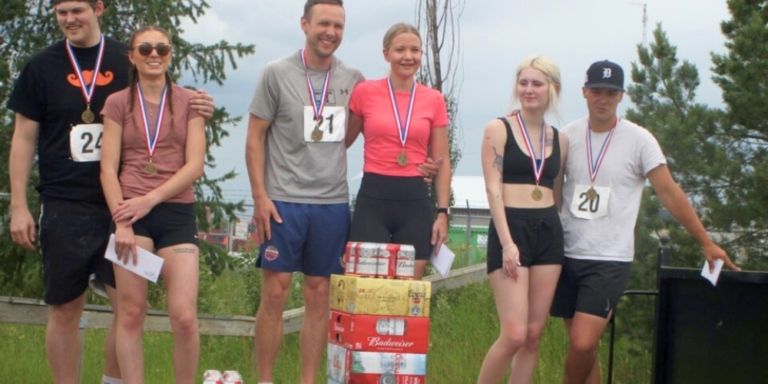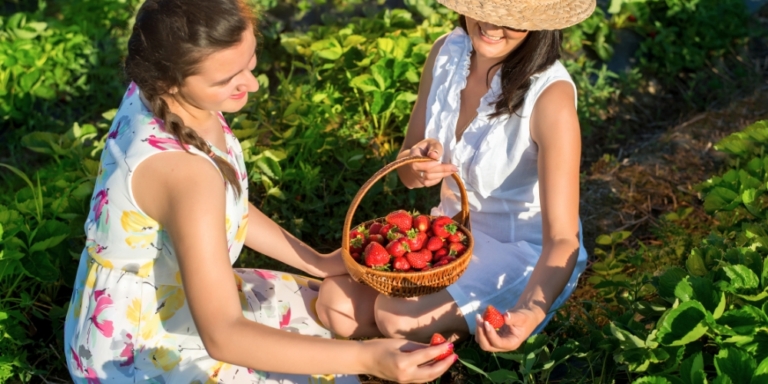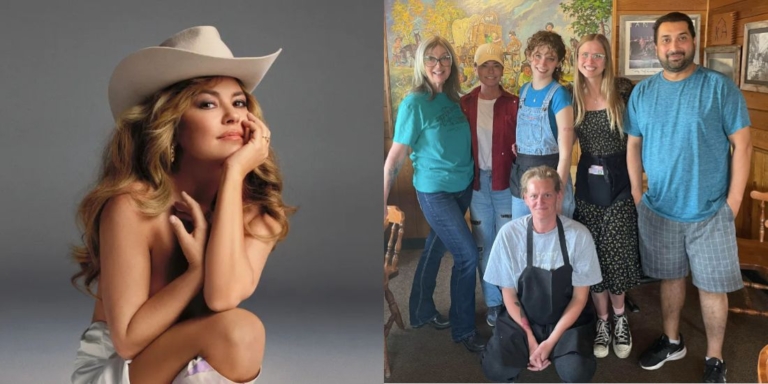They say the grass is always greener on the other side of the fence, but ultimately, it is greener where you water it.
Let’s use water as a metaphor for money, resources, care, and effort.
It’s on our province to supply water; they have plenty, but they don’t always do the best job of sprinkling it evenly.
As Katrina Milaney, a professor in community health sciences at the University of Calgary, put it to CBC, “Mental health issues are through the roof, unsafe substance use is through the roof, and the funding that’s going to our social service sector is not keeping pace with the demand for services.”
In terms of helping everyone in the province grow and thrive, our lawn is looking dry and patchy.
Fortunately, “grassroots” initiatives are multiplying, helping water flow where it’s most needed.
Mutual Aid
One of the key mechanisms of change for grassroots movements is through online “mutual aid” groups.
Mutual aid simplifies the traditional nonprofit model by eliminating bureaucracy and focusing on the fundamental principle of people directly helping people.
Mutual aid groups do more than just fill service gaps; they are reshaping the way support is delivered.
Mutual aid isn’t a charity; the goal is to help everyone be involved in operations in a reciprocal manner.
Rather than furthering a dynamic where one side is giving and the other is receiving, mutual aid aims to involve people so that both are on the giving and receiving end of services.
More and more Albertans are getting on board with this mutual dynamic and using Facebook to do it.
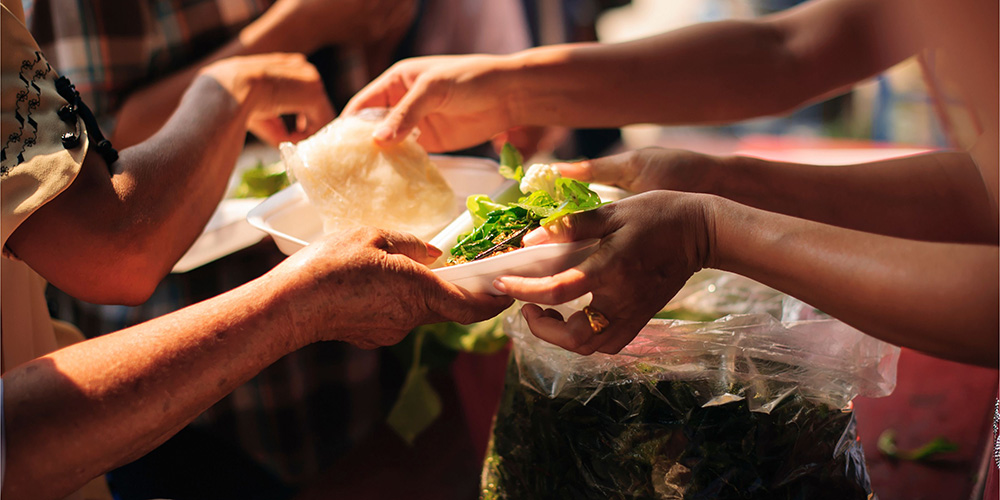

Social Media for Good
Online mutual aid groups are currently helping ‘water lawns’ in the areas that are most needed to help Albertans flourish.
“There’s an increasing number of groups that are mobilizing to support each other,” said Milaney.
One of those groups, the United African Diaspora is a mutual aid group in Calgary serving the Black and African community.
One of the organizers, Prudence Iticka, spent several years volunteering for non-profit organizations.
“Something that really bothered me was just the barriers that I saw. Even feeding someone was like a process,” she told CBC.
Help Without Paperwork
Bureaucracy is a major barrier restricting the timely delivery of help to people in need.
“Someone’s hungry, let’s go feed them. It was like ‘someone’s hungry. Let’s sit down, analyze it.” says Iticka.
The frustration over the challenges in providing people with basic necessities has significantly motivated the emergence of mutual aid groups.
The Bear Claw Beaver Hill House (“Bear Clan” for short) is another group that works to help those living on the streets, specifically, youth who’ve ended up homeless after being moved out of the foster care system.
“While on the streets, it’s appallingly obvious these youth have no supports whatsoever!! An entire generation this government is ignoring,” one member wrote in a Facebook post.
Despite potential disagreements about this approach, the group recognized a significant, unresolved issue, and decided to address it head-on.
Funded by contributions from local businesses, members engage with the community every Wednesday and Sunday.
The group connects with individuals experiencing homelessness and those recently housed, offering food, supplies, and companionship.


Aid to the Government
Even governmental organizations are becoming increasingly dependent on private mutual aid groups.
Alberta Wildfire for example, has formed relationships with mutual aid groups in their efforts to combat increasingly devastating wildfires.
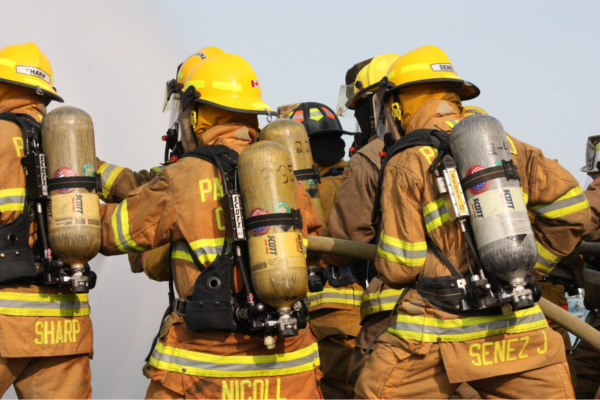

“We really rely on these direct relationships that we have with our mutual aid agencies,” Tucker said. “We help each other out,” spokeswoman Christie Tucker told media.
Mutual aid demonstrates that when people pool resources—whether time, money, or expertise—it eliminates bureaucratic obstacles and fosters community rather than creating barriers.
It’s about members coming together, not just as givers or receivers, but as equals working towards a common goal.
Mutual aid is a compelling call to action for all of us to engage more deeply with our communities and redefine what it means to give back.
For this National Volunteer Week Canada, April 14th to 20th, we encourage Albertans to find mutual aid groups in their area.
You’ll be surprised by what you’ll find with a quick Facebook search.
Whether you need a helping hand, or have one to give – reach out and connect.
We may have a physical drought in Alberta, but mutual aid groups are making sure the drought doesn’t extend to our social needs.
